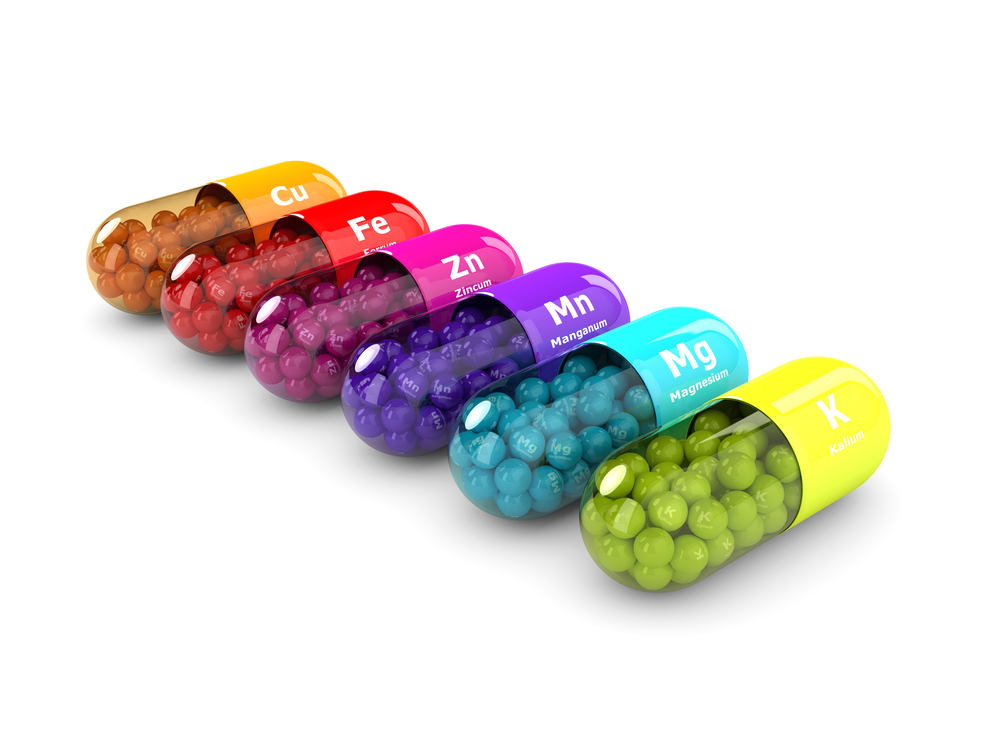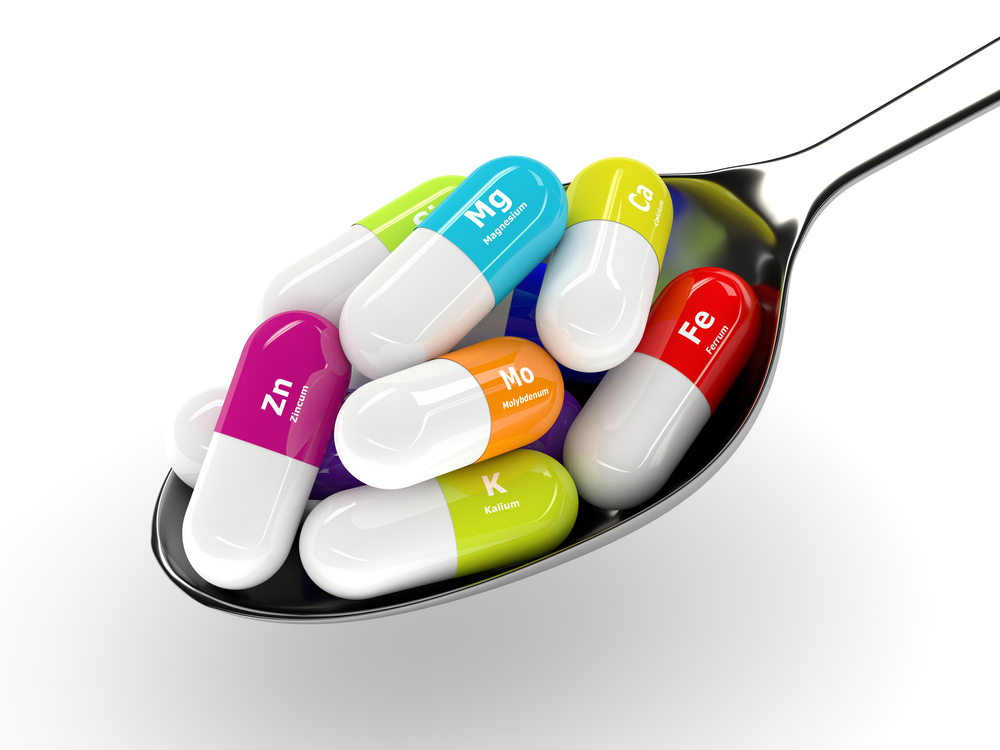Supplementation during spring, i.e. conscious taking care of yourself

Early spring is a difficult time for the body. Both the body and mind feel tired after the winter. Lack of sun, short days, frosts, colds, little outdoor activity – it is not helping to maintain good health and form. So you need to add almost no availability of fresh vegetables and fruits. They means that the body has nowhere to get the vitamins and minerals it needs. That is why the first days of spring are the perfect time to take care of yourself consciously. Supplementation during spring.

Spring cleaning – ready, set, go!
For all those who gain new energy with the beginning of spring and the first warmer days, it is worth emphasizing that the sun itself is not enough nad start supplementation during spring. Vitamin D provided by the sun rays is extremely important for the body – especially in our latitude. A body tired after winter requires much more vitamins, trace elements and minerals. Unfortunately, you will not achieve it only with a balanced diet, because in March or April it is too early for a full range of fresh fruits and vegetables. Rarely, even a carefully arranged menu can provide the body with all the necessary ingredients. That is why it is worth it and a must to support the diet with appropriate supplementation.
Natural vitamin C, vitamin D, omega 3, omega 6, zinc, potassium, calcium, iron – what to choose from a wide range of nutrients?
What supplements should you contain your supplementation during spring?
The spring solstice is primarily a weakened organism that easily experiences numerous infections and viruses. We are not helping our bodies when we take off our hats and scarves because of the enthusiasm that we feel during the first sunny days. Therefore, we recommend natural vitamin C, which at this time of the year is not yet available in natural products. Vitamin C deficiency hurts concentration, good sleep, physical performance, it can cause nervousness, greater susceptibility to stress, and even depression. Supplementing with vitamin C enhances the body’s resistance to viruses, infections and diseases. It is worth remembering that natural vitamin C in the highest doses is not in lemon or another citrus. Its greatest source is acerola, followed by wild rose. Natural vitamin C is also found in sea buckthorn, bell pepper, parsley, broccoli and black currant.

Beta-carotene, or vitamin A – supplementation during spring
It is another nutrient that is recommended to be supplemented in spring. The lack of this vitamin has a significant impact on the appearance – dry skin and grey colour of skin, weak, slow-growing and splitting nails as well as brittle hair, falling out in large amounts. The answer to these problems will be supplementation with beta-carotene, which is naturally available in fruits (e.g. melon, watermelon, peach) and vegetables (eggplant, tomato, pumpkin, sweet potato).
Vitamin D – its supplementation is recommended all year round, and in the winter months, when there is no sun for long weeks, it is required. It is customary to provide synthetic vitamin D to newborns and infants, while adults should also supplement its deficiencies through proper supplementation. Vitamin D deficiency can cause rickets, itchy skin, headaches and body weakness, loss of appetite, and nausea.
See also: Ways to deal with stress
When taking dietary supplements, remember that just as a deficiency can be harmful, excess does not have a beneficial effect on the body. It is easy to overdose on vitamins when taking several nutritional supplements at the same time. Even natural vitamin C in an increased dose can adversely affect the body. So let’s read labels and make informed, good choices. Remember about supplementation during spring
